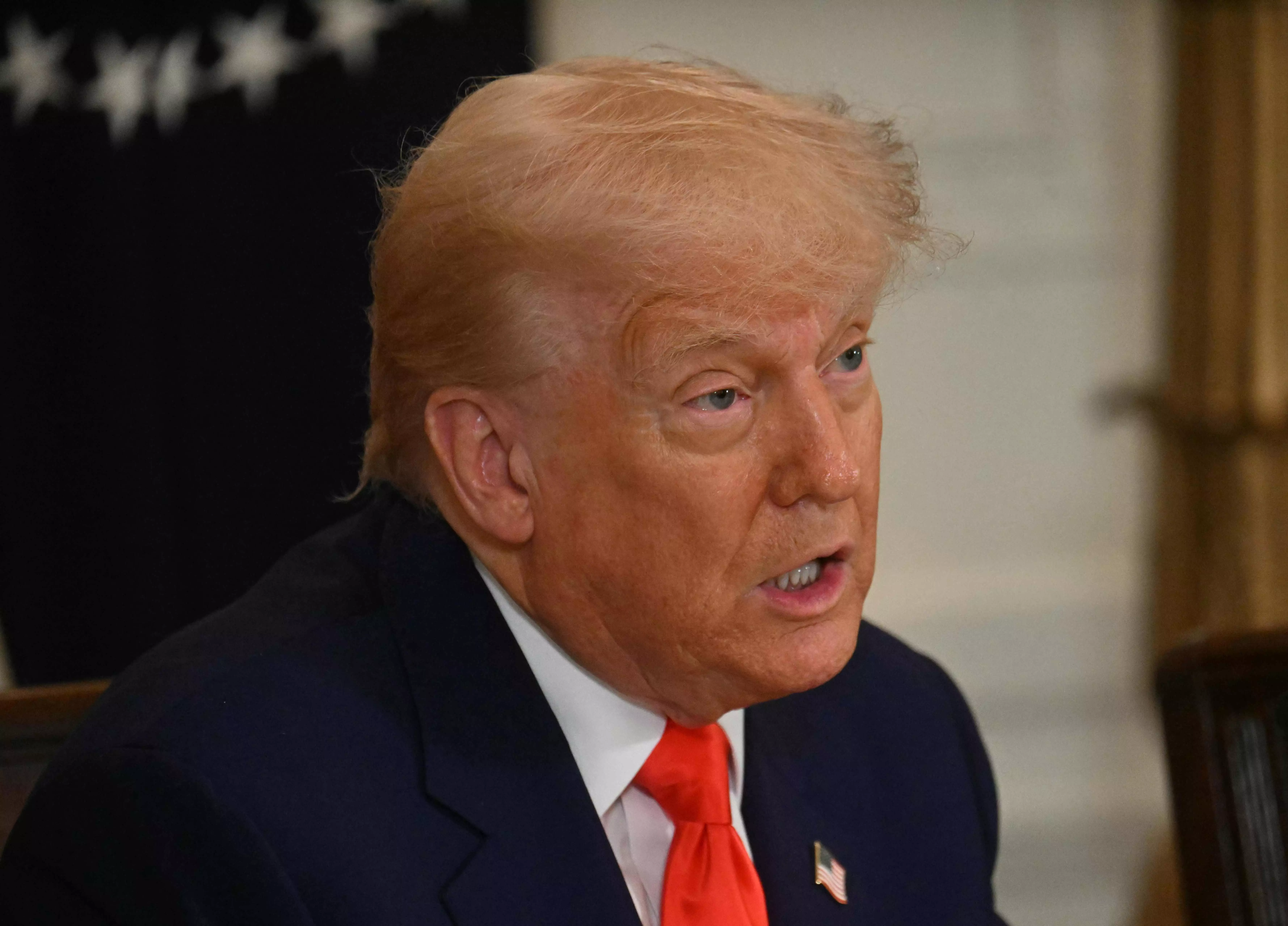In a heated exchange that has raised alarm across Europe, US President Donald Trump reportedly intensified his demands to purchase Greenland during a recent phone conversation with Denmark’s Prime Minister, Mette Frederiksen. According to senior European officials quoted by The Financial Times, the US president was aggressive, pressing Frederiksen on the strategic importance of the Arctic territory, which is an autonomous region under Danish sovereignty.
A cold conversation
The 45-minute phone call between Trump and Frederiksen has been described by insiders as tense and confrontational. The Danish leader made it clear that Greenland is not for sale, but she offered to discuss expanded cooperation in areas such as military bases and resource exploration.
However, five current and former European officials, all briefed on the conversation, noted that Trump responded in a combative tone, reportedly dismissing Denmark’s stance and reiterating his seriousness about pursuing the purchase of Greenland. One official told The Financial Times that the exchange was “horrendous,” while another called it “a cold shower,” highlighting the potential risks of Trump’s hardline approach.
“It was difficult to take it seriously before, but now there is no doubt he’s serious — and that it’s potentially very dangerous,” one of the sources told The Financial Times.
Concerns over transatlantic relations
The phone call has only heightened concerns in Europe about the future of transatlantic relations, particularly if Trump continues to pressure US allies into ceding territory. European officials who had hoped Trump’s statements about Greenland were merely part of a negotiating strategy are now realizing that his ambitions may be more serious than previously thought.
Trump’s re-election has prompted speculation about renewed tensions between the United States and its NATO allies. The latest development is likely to strain ties even further, with Denmark now grappling with the implications of Trump’s intentions for Greenland.
“The intent was very clear,” a senior European diplomat, who has been briefed on the conversation, told The Financial Times. “They want it, and the Danes are in crisis mode.”
Geopolitical stakes in the Arctic
Greenland’s strategic location has made it a focal point of interest not just for the US, but also for Russia and China, both of which are increasing their presence in the Arctic. With its melting ice caps opening new shipping routes and revealing untapped mineral resources, the Arctic region is becoming a hotbed of geopolitical competition.
Trump’s renewed push to acquire Greenland is framed by the White House as a measure to protect US interests in the region. A spokesperson for the National Security Council stated, “President Trump has been clear that the safety and security of Greenland is important to the United States, particularly as China and Russia invest heavily in the Arctic.”
While the White House has emphasized the island’s significance for US defence, Trump has also made public comments suggesting that Denmark might not have the legal right to retain Greenland, and he hinted that the US could take more drastic measures if needed.
What has been the Danish response?
Denmark has responded cautiously to Trump’s overtures. Prime Minister Frederiksen has reiterated that Greenland is not for sale but acknowledged that the island is of growing international interest. In a statement following the contentious phone call, she said there is “no reason to believe” that global attention on Greenland would lessen anytime soon.
In anticipation of potential economic repercussions, Frederiksen has already held meetings with major Danish companies, including Novo Nordisk and Carlsberg, to discuss the possible fallout from Trump’s threats of tariffs.
Greenland’s Prime Minister, Múte Egede, has emphasized the island’s desire for independence and rejected the idea of US or Danish control. However, he has also expressed openness to American investment, particularly in the areas of mining and tourism, underscoring the complexities of the situation.


























































